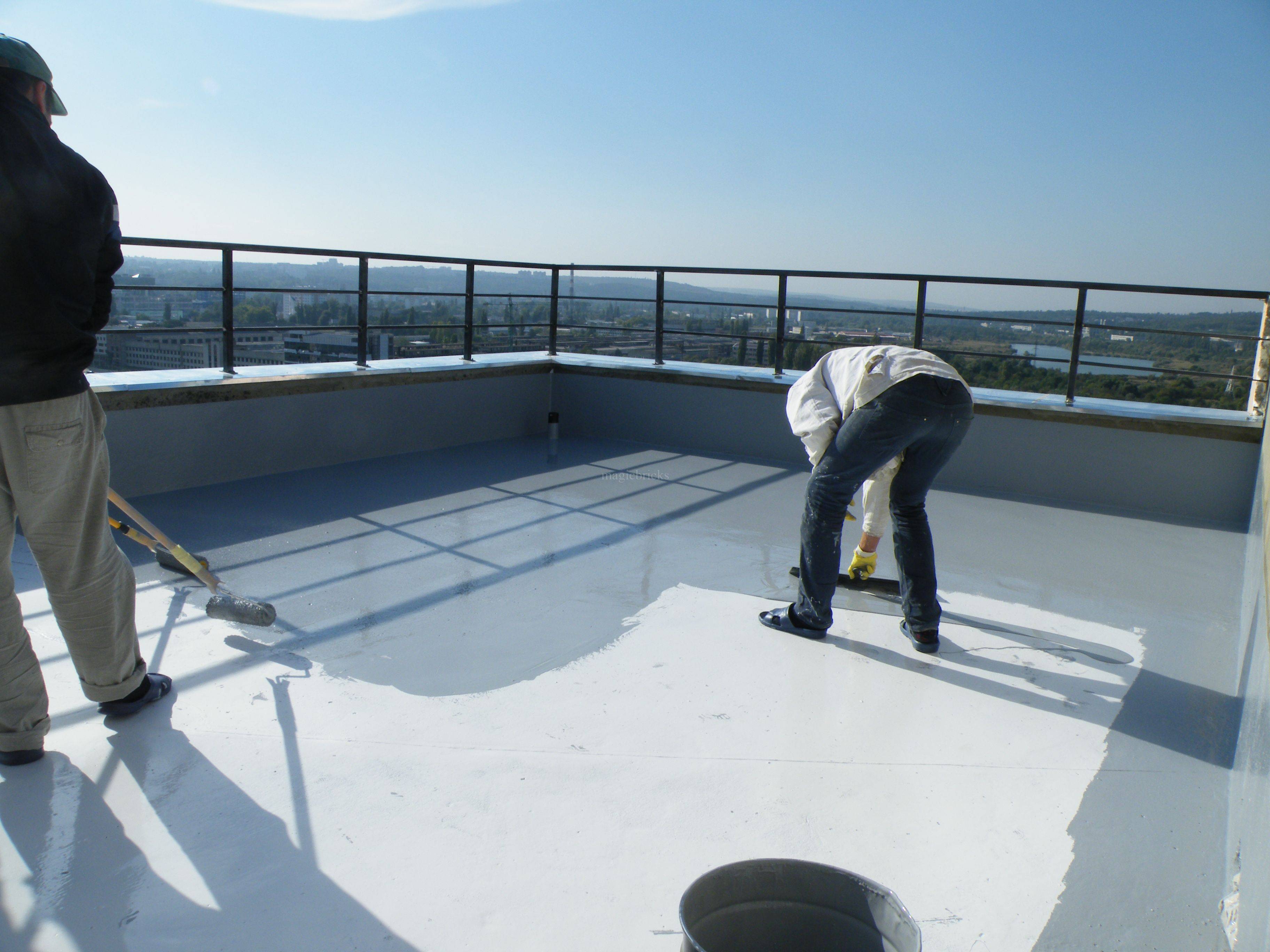Waterproofing is a vital aspect of home maintenance that often gets ignored until it’s too late to act. Many homeowners think that as long as their roofs are complete and their basements are dry, they are secure from water damage. However, the reality is that water can seep into the least expected spots, leading to high repairs and health risks stemming from mold and mildew. Understanding the importance of waterproofing for every home and building is essential for protecting your assets and ensuring a secure environment for your family.
In this complete guide to waterproofing, we will discuss what you must know to protect your property from water damage. From the indicators that suggest your home may need waterproofing to the multiple methods available, we will share insights into how waterproofing can protect you a lot in repairs. Whether you’re thinking about DIY options or planning to hire professionals, this comprehensive resource will help you decide wisely and debunk common myths about waterproofing. Join https://aluneed.ca/ as we explore the world of waterproofing and learn how to keep your home safe, moisture-free, and mold-free.
The Need for Sealing Against Water
Sealing against water is a vital aspect of home maintenance that frequently gets neglected. It acts as a preventive measure against various forms of water damage, which can result in significant foundation problems and high repairs. When water enters a building, it can compromise foundations, damage walls, and promote the growth of mold and mildew. By installing waterproofing solutions, homeowners can protect their properties from these dangers and create a healthy living environment.

One of the key reasons waterproofing is crucial is its role in preserving property value. A home that is devoid of water damage is more attractive to potential buyers and can command a higher price in the real estate market. On the other hand, a home with water issues can discourage buyers and result in a lesser sale price. Regularly waterproofing different areas of a property, such as basements, roofs, and bathrooms, can increase the longevity and overall appeal of the home.
Furthermore, waterproofing improves energy efficiency. When buildings are adequately sealed against water intrusion, they are better insulated, which can cause lower heating and cooling costs. This not only reduces homeowners money on utility bills but also advocates for sustainable living approaches. Overall, waterproofing is not just about avoiding damage; it is an asset in the property’s future, its value, and its efficiency.
Do-It-Yourself vs. Professional Water Sealing
When evaluating water sealing options for your home, one of the first choices you'll face is whether to take on the project on your own or hire a professional. DIY water sealing can be an appealing choice for homeowners looking to save money and take control of the process. Simple tasks like putting on waterproof coatings to walls or sealing minor cracks can often be done with few tools and materials. Many homeowners find satisfaction in saving costs while acquiring valuable skills through practical work.
However, there are several important factors to consider when undertaking DIY waterproofing projects. For instance, improper application of sealing products may lead to costly errors or inadequate protection against moisture harm. Additionally, certain waterproofing jobs, especially in basements or basement foundations, may require specialized knowledge and tools that the average homeowner might not have. This can lead to unexpected issues that could have been easily handled by a seasoned professional.
On the other hand, employing a professional waterproofing contractor brings experience and know-how that can ensure thorough protection for your home. Professionals can quickly spot problem areas and suggest tailored solutions that align with your specific needs. While the initial costs may be higher, their work often saves you money in the long run by preventing significant water damage and the related repair costs. Ultimately, your choice between do-it-yourself and expert waterproofing should consider your skills, the complexity of the project, and your budget.
Signs Your Property Needs Waterproofing
A key signs that a property needs to be waterproofed is the appearance of moisture on surfaces or flooring. If you see damp patches, especially in areas like cellars or crawl spaces, this suggests that water is penetrating your home. Additionally, peeling paint or wallpaper can also indicate moisture problems. It’s crucial to address these issues promptly to prevent further damage and mold growth, which can be hazardous to your health.
Another indicator is the smell of mildew or mustiness in the home. If specific areas consistently have a damp odor, it indicates that water is confined in those spaces, forming an ideal environment for mold and bacteria to thrive. Ignoring these indications can lead to a more extensive infestation and costly repairs down the line. Frequent checking for these odors can keep your living environment healthy and free from potential health hazards.
Finally, if you encounter frequent flooding or water accumulation around the property, it's a obvious sign that you need waterproofing is required. Even minor water intrusion during heavy rainstorms can build up over time, leading to significant damage to your foundation and structure. Outdoor structures and landscaping that show signs of erosion or deterioration from water exposure also highlight the need for appropriate waterproofing solutions. Taking action when you initially notice these signs can save you a lot in repairs and protect your investment in your home.
